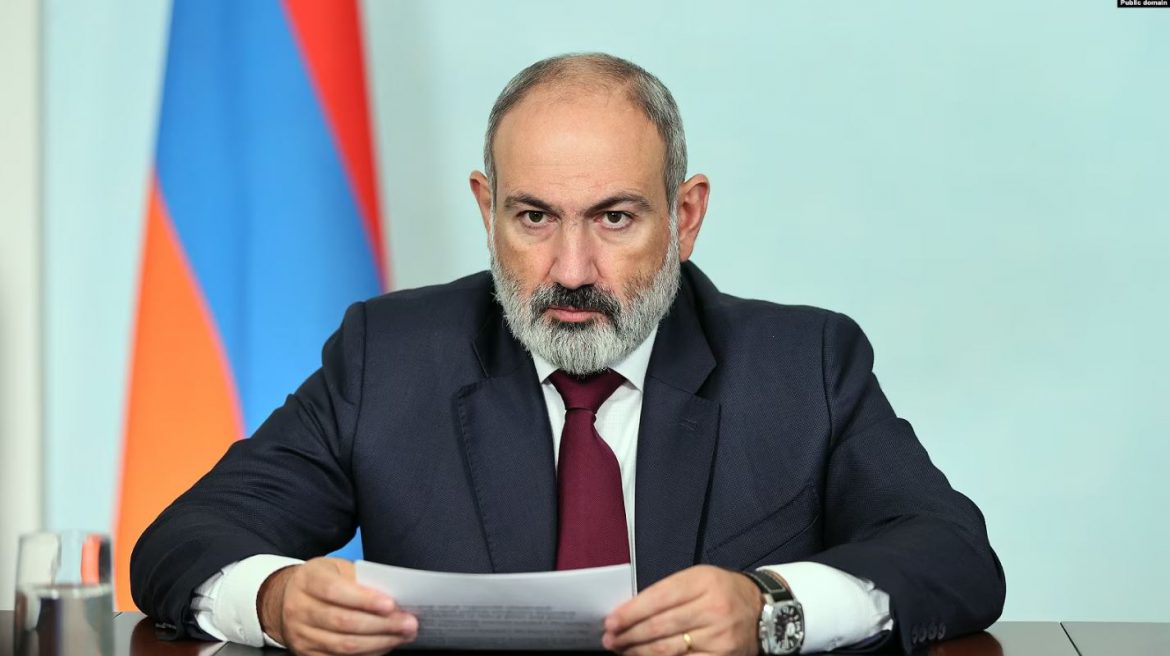Prime Minister Nikol Pashinyan has ordered an ad hoc body, established by him, to draft a new Armenian constitution amid Azerbaijan’s ongoing demands for legislative changes, continuing a capitulatory approach that an ever increasing number of Armenian citizens believe is tantamount to treason .
The Council on Constitutional Reforms, created in 2022 to propose amendments to Armenia’s existing constitution, received a revised directive from Pashinyan. An executive order, publicized on May 24, altered the council’s mandate, requiring it to draft a “new constitution” from scratch by January 2027.
Artur Sakunts, a civic activist and council member, revealed on Wednesday that the council has not yet convened to discuss its updated mission. He expressed uncertainty about whether Pashinyan’s directive implies discarding the work done since 2022.
“There are many unclear issues,” Sakunts told RFE/RL’s Armenian Service.
In January, Pashinyan claimed that Armenia needs a new constitution to reflect the “new geopolitical environment” in the region. He denied critics’ accusations that he intends to replace the current constitution at Baku’s behest. However, Pashinyan noted that peace with Azerbaijan would be unattainable as long as Armenia’s 1990 declaration of independence is referenced in the constitution’s preamble.
The declaration cites a 1989 unification act by the legislative bodies of Soviet Armenia and the then Nagorno-Karabakh Autonomous Oblast. Azerbaijani President Ilham Aliyev has repeatedly claimed since January that this constitutional reference amounts to territorial claims on Azerbaijan, which must be removed before Baku can sign a peace treaty with Yerevan. The only legal way to achieve this is by enacting a new constitution through a referendum.
On June 7, the Armenian Foreign Ministry issued a statement rejecting Aliyev’s demands as a “blatant interference in the internal affairs of our country,” accusing him of “torpedoing the peace process.” The ministry also stated that one of the “agreed provisions” of a draft peace treaty discussed by Baku and Yerevan stipulates that the parties cannot use their domestic legislation to avoid compliance with the document.
Aliyev reiterated his demands in late April after pressuring Pashinyan’s administration into agreeing to hand over four disputed border areas to Azerbaijan. Armenian opposition leaders have strongly criticized Pashinyan for yielding to Azerbaijani pressure, arguing that the land transfer will only embolden Baku to demand further Armenian concessions.




